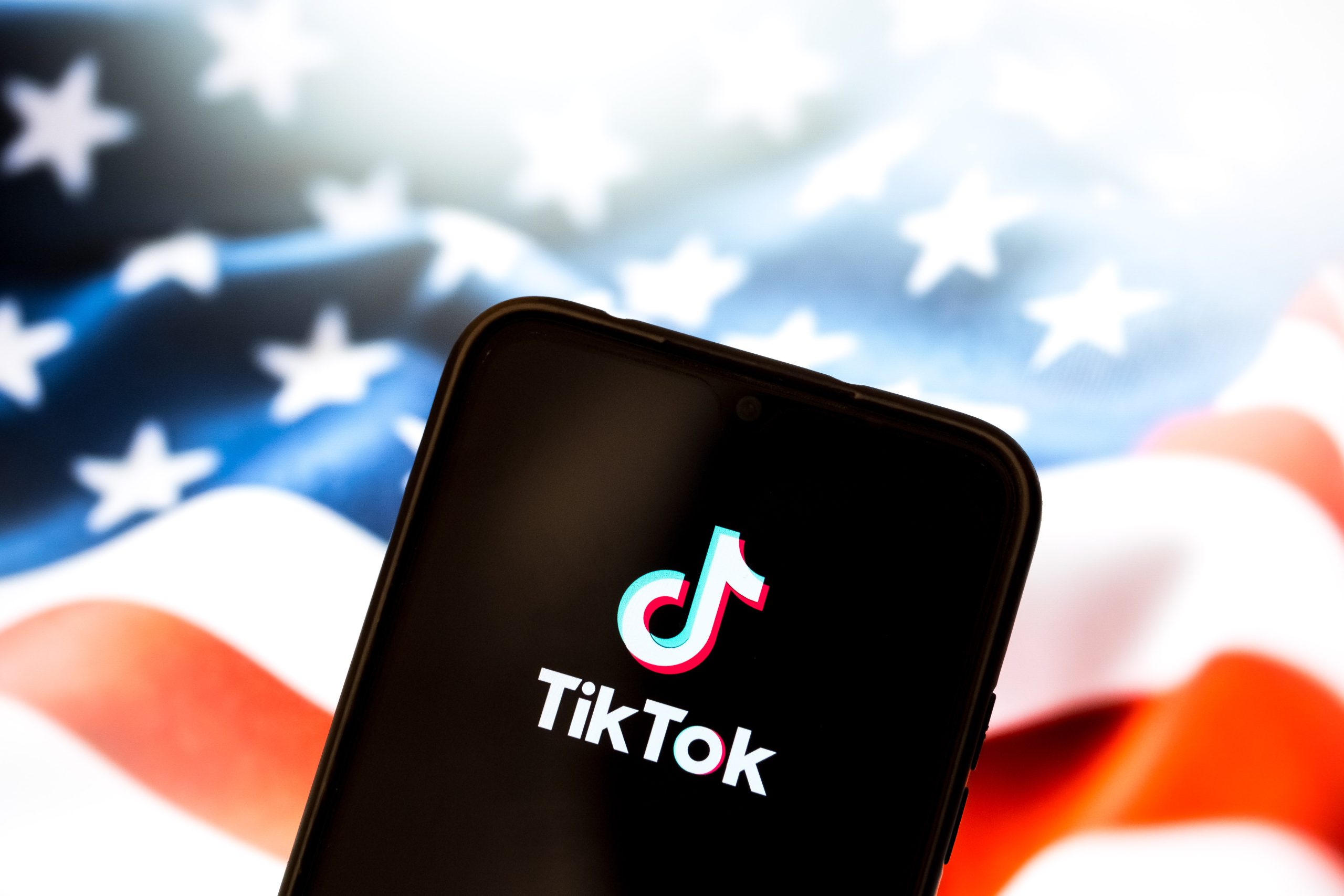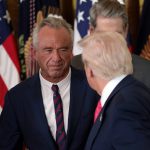TikTok’s Unprecedented Influence: A Double-Edged Sword
TikTok, the undisputed champion of app downloads worldwide, has evolved beyond a simple entertainment platform. It’s now a potent information disseminator, wielding considerable influence over trends, opinions, and even political discourse. This immense power, coupled with its ownership by ByteDance, a Chinese company, has transformed TikTok into a political battleground, particularly in the United States.
A Political Flashpoint: Ownership and National Security Concerns
The core of the issue lies in ByteDance’s connection to the Chinese government. US lawmakers have long expressed concerns about potential data security risks and the possibility of TikTok being used to spread propaganda or censor content in line with Beijing’s interests. These fears have fueled efforts to either ban the app outright or force its sale to American investors, ensuring US control over its operations and data.
The previous administration attempted to ban TikTok; however, the current administration is trying to mitigate any national security risks by restructuring how the app operates in the US. This is in no small part due to the app being an effective platform for business owners, influencers, and everyday citizens.
Trump’s New Entity: A Potential Reshaping of Social Media
The fight for control has recently entered a new phase with Donald Trump’s executive order approving the creation of “TikTok US.” This new entity aims to keep TikTok available in America while ostensibly addressing national security concerns. Key figures, including Larry Ellison (Oracle CEO), Michael Dell (Dell Technologies), and the Murdoch family, are reportedly slated to play a role in managing TikTok US. This move signals a significant shift in the approach to regulating foreign-owned social media platforms.
However, the deal’s finalization hinges on approval from China, adding another layer of complexity to the situation. China’s potential reluctance to relinquish control over a valuable asset like TikTok could lead to further negotiations or even derail the agreement altogether.
Conclusion: Navigating the Future of TikTok
The TikTok saga highlights the growing tension between technological innovation, national security, and global politics. As social media platforms become increasingly powerful sources of information and influence, governments worldwide are grappling with how to regulate them effectively. The future of TikTok, and potentially other foreign-owned social media platforms, will depend on the delicate balance between these competing interests and the ability of policymakers to forge solutions that safeguard national security without stifling innovation and free expression.
Based on materials: Vox





